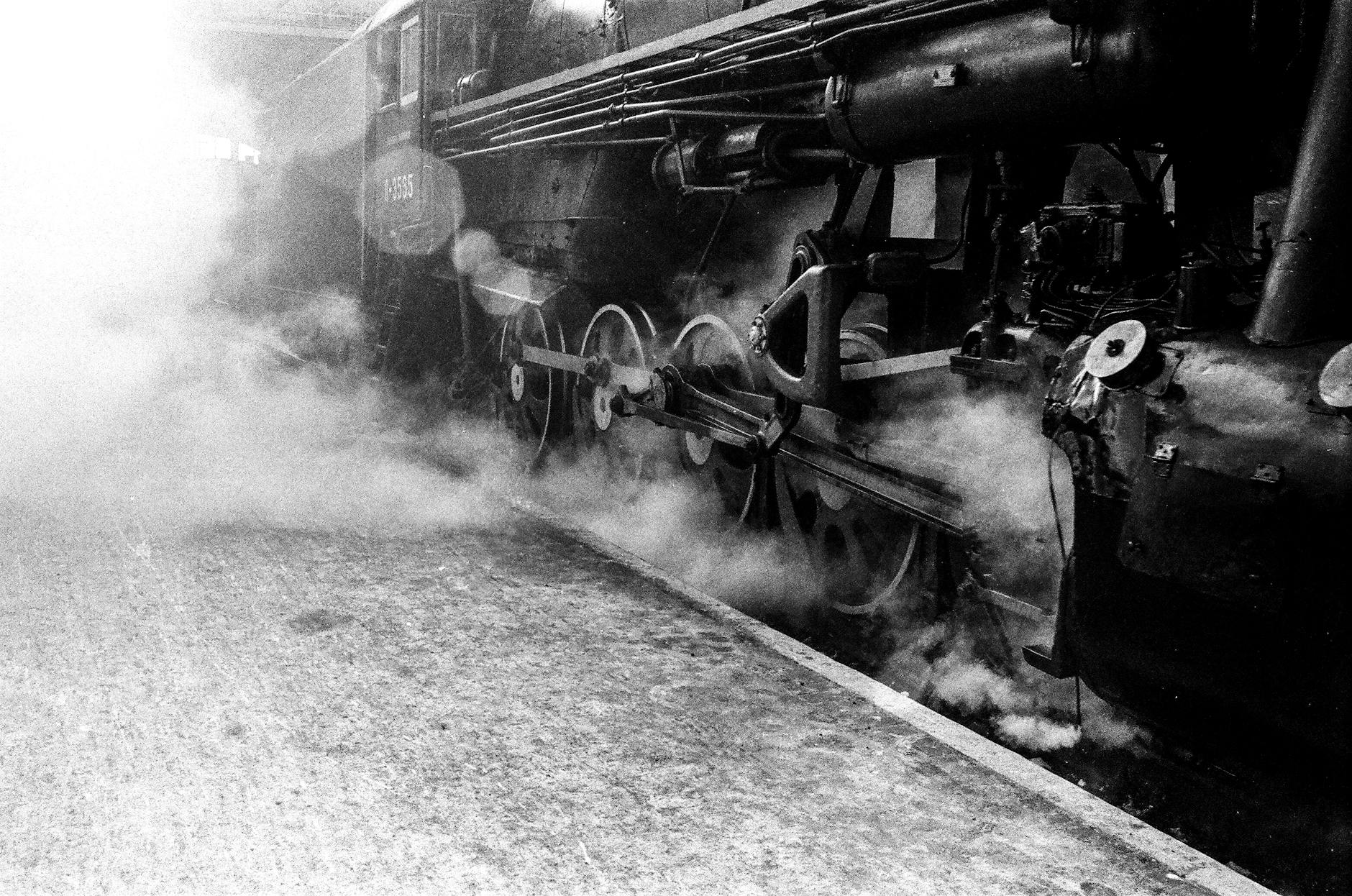Personal Finance Week 19 Assignment
This week, I was to write 200 words on my priories when buying a car. I won’t be able to drive for another 2 years, but it is still important to think ahead.
Here are some of the things I value most in a car:
Price: This is one of the biggest considerations for me. I don’t really want to blow a bunch of unnessesary money on a new car, when a used one would be almost as good, for a lot less cash. Some used cars may even be more reliable than cheap new cars, because cars are becoming very cheaply made.
Reliability: This is also a very important one to consider. If the car initially costs 4 thousand, it may not seem like much. But you have to realize that it may not be very durable, and you may end up paying another 4 thousand (or more!) in repairs!
Gas efficiency: Another consideration that is not to be overlooked! In my situation, it would not make sense at all to buy a gas-guzzling SUV. I’m thinking about a hybrid, as they are much more gas-efficient.
Price Depreciation: A small but still important thing to consider. Price depreciation is when the price of a car goes down over time. Now, I’m not thinking I’m going to get some supercar that keeps its value well. All cars go down in value dramatically, but some more than others. SUVs and electric cars often have higher depreciation than other ones.
Conclusion
My priority is to find a gas-efficient used car that is reliable yet low in price. All I really need in a car is something that can drive me around without costing too much or needing lots of repairs. In next week’s assignment, I will find out what car make and model would be best for me.
